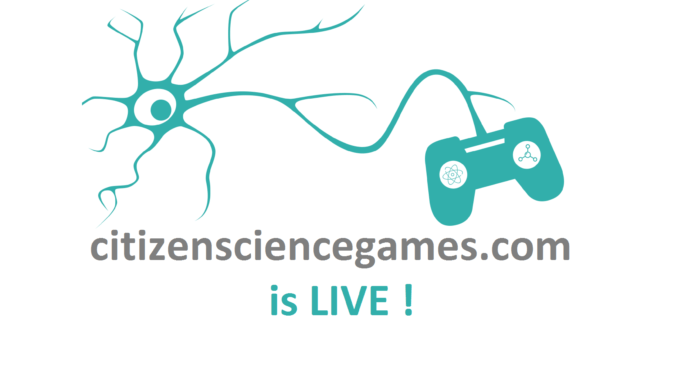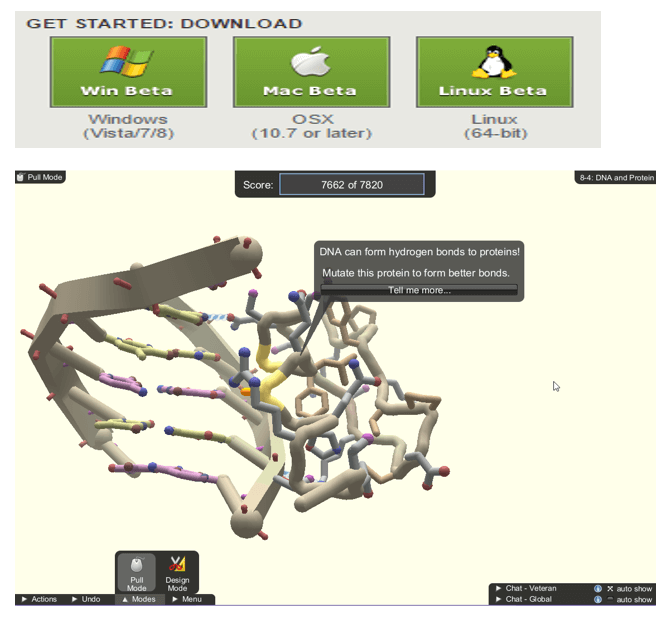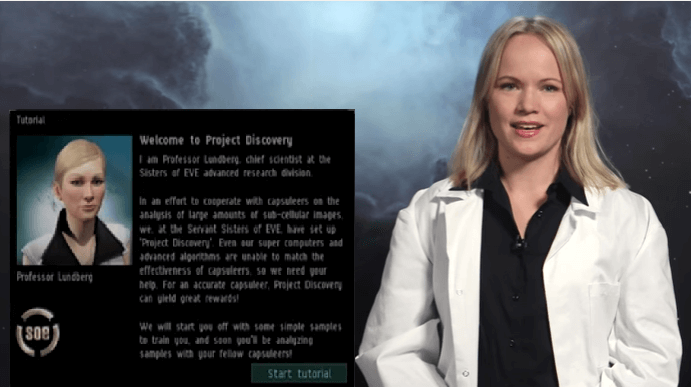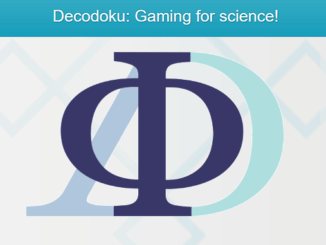
At the beginning, there was Foldit
Maybe I should have just added ‘client game’ to the relevant section of my list and started conquering ancient Greece in Grepolis. Instead I clicked the ‘download’ button and installed Foldit.
I was presented with a series of 3D puzzles to solve, from ‘backbone’ level 1-1 to ‘DNA and molecule’ level 8-4. I was now mutating a protein to form more hydrogen bonds. Unexpectedly and serendipitously, I was participating in scientific research! Not that casual er! But, the game is free to play, I had that criteria right.
The next thing I knew, I was back home, designing my first proteins, reading about amino acids, HIV and monomeric retroviral proteases. I had just discovered the World of Science.

On my phone, I was shooting at parasites in MalariaSpot, analysing cancer cells with Reverse the Odds, growing a microbe colony for Colony B. I was also showing off my navigation skills (ahem) in Sea Hero Quest to provide data to scientists researching dementia.
More recently, I dared to join the quantum computing field, moving quantum atoms in Quantum Moves, optimising quantum algorithms in meQuanics and working addictively on quantum error corrections in Decodoku.
All these games allow you to contribute to scientific research, without any scientific background. You can play them just for fun or decide to learn more about the research areas for yourself. You might even end up writing a paper and published in a peer-reviewed journal!
Harnessing games for science
If even a fraction of that time can be harnessed for science, laboratories around the world would have access to some rather impressive cognitive machinery.
Dara Mohammadi
Scientists have started taking advantage of our love for games to conduct scientific research. There is an increasing number of research-driven games. They generate tangible results and publications and can lead to important discoveries.
The most recent example is Sea Hero Quest. The mobile game was released in May 2016 and the team recently shared their first results in this video. The app has been downloaded almost 2.5 million times, representing 63 years of play and provided scientists with over 9,500 years worth of data. Sea Hero Quest is now the largest dementia study in history. The developers, Glitchers, were nominated for the Game for impact award, Deutsche Telekom, which funded the project, won 2 European Excellence Awards as well as 9 Lion Cannes awards.


Project Discovery is a collaboration between Massively Multiplayer Online Science, Reykjavík University, CCP and the Human Protein Atlas. Players look at high-resolution images of human cells and categorize protein patterns. Their accuracy is tested and dictates the amount of rewards the players will receive in game. You can watch an overview of the project by Professor Lundberg here.
Success stories, difficulties and controversies
The citizen science projects on this website have most of the qualities of conventional games. They are interactive formal systems with clear goals and rules. They offer different levels of challenges and can be won or lost. They engage players to solve problems wilfully and playfully. They also feature core elements of games such as tutorial, progression, competition, leader board, pizazz screen, chat etc.
Finding a problem that can be turned into a citizen science game is not easy: ‘You need an unsolved scientific problem that the tools of Citizen Science are uniquely suited to solve’, explains Paul Sztajer in his article. He also adds ‘the skills that are needed to make these things work are cross-discipline: a combination of domain knowledge, design, academic rigour, science communication and software engineering.’
Numerous related questions are the suject of research. How do you engage and retain players and what motivates them? How should citizen science results be published or shared? There are other controversies. Should citizen science be gamified? Are games compatible with serious and rigorous traditional scientific research?
So this is what this website is about. A collection of citizen science games; a repository of articles introducing the games, the science, their creators; and a list of scientific publications with the results derived from these games, asking questions and providing answers.


